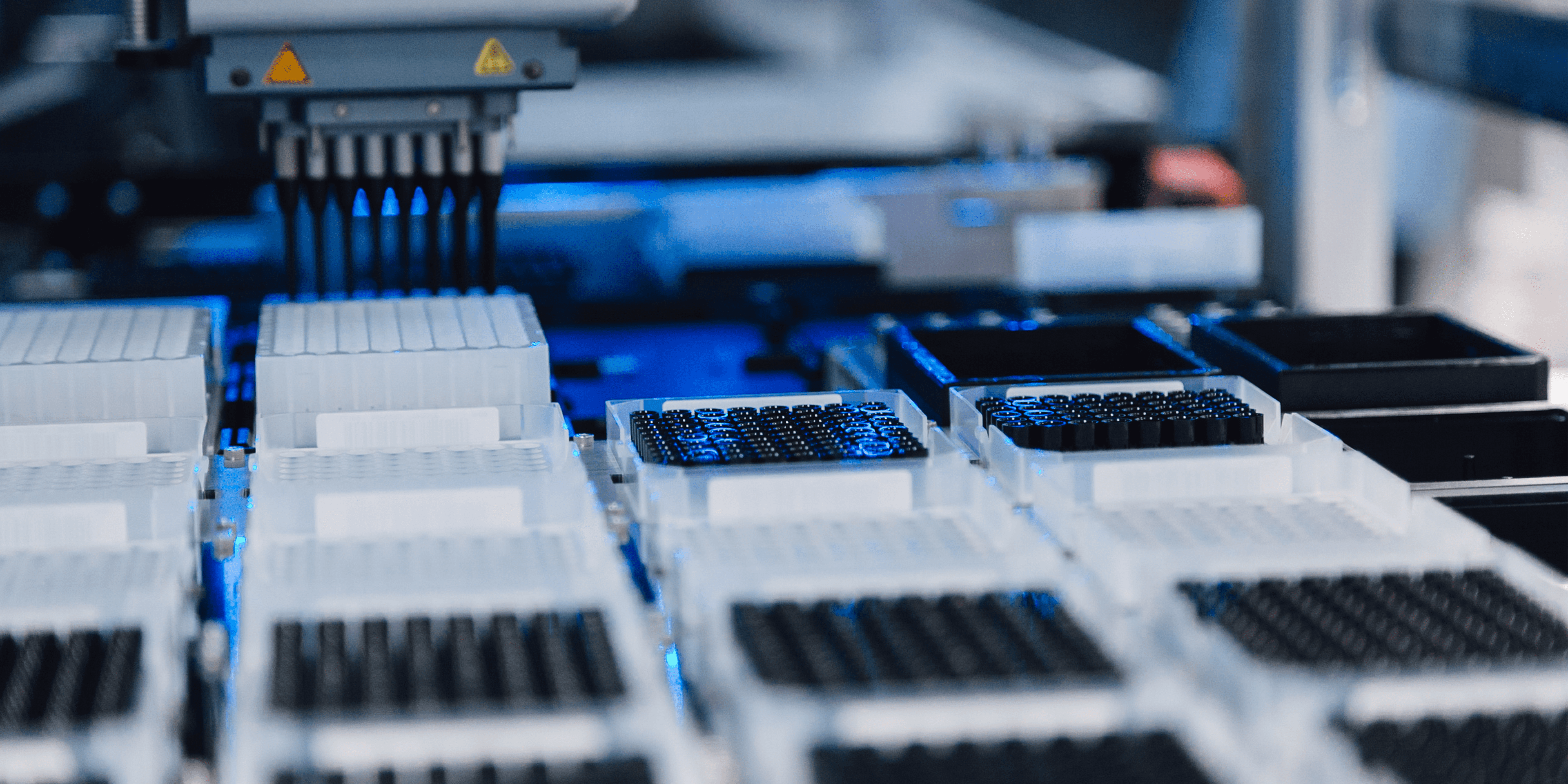Learning about breast cancer risk from DNA

What you’ll learn in this article:
- Variants in certain genes, called the BRCA genes, can significantly increase a person’s risk of developing cancer
- There are ways to screen for and potentially prevent cancer development
- MyHealth: STEP ONE analyzes your BRCA genes
Very few genes are well known to the public, but the BRCA genes are a notable exception. Maybe you’ve heard about them in the news, or discussed them with a healthcare provider or a friend or family member.
Why are the BRCA genes so widely discussed? It’s due to their importance in cancer development. Variants in these genes don’t just increase a person’s risk of breast cancer—they also can significantly increase the odds of developing cancer of the ovaries, prostate, or pancreas. However, simply because someone inherits one of these variants doesn’t guarantee that they will develop cancer. A person’s habits, their environment, and other genetic factors can all impact whether or not cancer develops.
How the BRCA genes work
Variants in BRCA genes have such a strong effect on cancer risk because these genes play an important role in protecting our DNA from cancer-causing mutations. In essence, cancer is a disease where cells in a person’s body go rogue and begin to duplicate themselves in an uncontrolled way. This happens when mutations develop in a person’s DNA that disable, or allow the cell to bypass, various security mechanisms that are in place to stop rogue cell duplication. One such mechanism is the action of BRCA proteins (proteins made from the BRCA genes).
BRCA proteins can be thought of as small aircraft carriers inside a cell, because their job is to carry other specialized DNA repair proteins to regions of the genome that have been damaged. If breaks in the DNA go unrepaired, or if they’re repaired incorrectly, it could result in disabling of a cell’s security system and progression toward cancer. The BRCA proteins help prevent this by bringing numerous different response proteins to the site of damage. However, when a person inherits variants in the BRCA genes that prevent them from producing their BRCA proteins, cells that depend on the BRCA “aircraft carriers” are less able to respond to DNA damage and are more likely to become cancerous.
How testing your BRCA genes can help you
Fortunately, there are steps that many people can take to potentially lessen the impact of cancer development and, in some cases, even prevent it. Men and women who test positive for BRCA variants are advised to be sure they know how to do a thorough breast-self exam, do them monthly, and inform their doctors of their genetic test results. Women can also screen more regularly with mammograms and breast MRIs (some men may choose to do these as well). A woman could take a medication like tamoxifen, which affects how estrogen works in the body, and can lower the odds of breast cancer. Or they could choose to have a preventative mastectomy with the option to have reconstructive surgery following the mastectomy. Ovarian cancer can be largely prevented by having the ovaries and fallopian tubes surgically removed, which is a relatively minor procedure, and is often done after childbearing years. It’s also advised that people talk to their relatives about their test results because these variants are heritable, which means people who are genetically related may also benefit from genetic testing.
Whatever the result, genetic counselors are a great resource for helping you understand your testing options, results, and any increased risk of cancer that you and your family may have. Ultimately, genetic testing for BRCA variants gives us the power of knowledge and the opportunity to take potentially life-saving action.